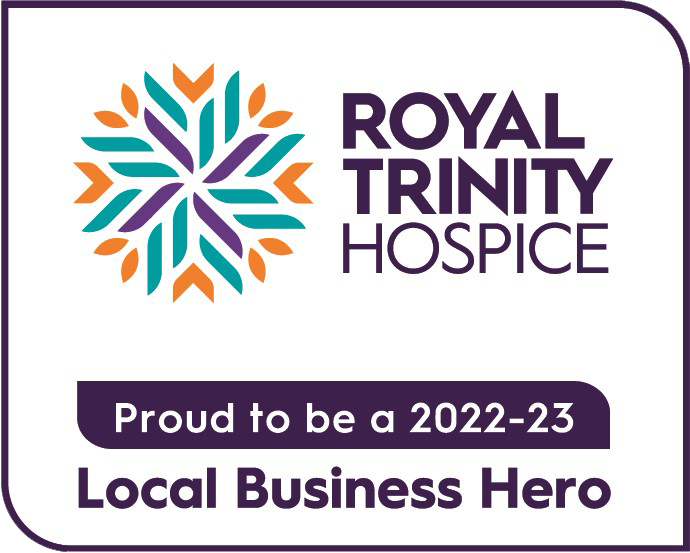
Our holy cow is unwell
It’s time for a different diet for the holy cow that is the NHS
A very old and thus probably politically incorrect joke used to do the rounds: Two Irishmen, two Scotsmen and two Englishmen are marooned on a desert island. The Irish men open a pub, the Scots create a bank and the Englishmen don’t speak to each other. They hadn’t been introduced.
The Health and Care Bill has, however, been introduced this week to Parliament. Bill and Parliament can now get to know each other but are destined not to get along. Anything as progressive as the formation of a pub or bank as a result of their acquaintance is highly doubtful.
For, alas, the bill is the latest attempt to reform the NHS by politicians who simply can’t resist tinkering with the most expensive train set they’ll ever get their hands on.
As seasoned commentators on all things health and social care wearily mutter, here we go again, could it be different this time?
The last great “reform” was orchestrated ten years ago by Andrew Lansley. Like some mad professor feverishly working alone in his laboratory, he cobbled together the monster made up of body parts that included clinically-led commissioning, GP consortia and what was to become NHS England. Like the villagers in Frankenstein, the coalition government at the time hadn’t really understood what he was doing until it was too late. Remember those “pauses”?
The broad thrust of the current bill brought in by Matt Hancock (remember him?) is to reintegrate fractured hospital, community, GP and mental health services. And of course to introduce a plethora of new acronyms like ICS and ICO. That’s the good bit. That it seeks to give extra powers to politicians to intervene in local health systems is being met with deep suspicion.
The thing is, somebody needs to grasp the health and social care nettle, and soon: Record waiting lists for operations thanks to Covid. Chronic staff shortages thanks to Brexit. An ageing population – and one that’s becoming fatter – relentlessly increase demand for services. And, the idea of enforcing the collaboration of cash-strapped local authorities and NHS providers to improve social care is fanciful.
No amount of rearranging coloured pins on the map changes the stark reality that to provide a meaningful and effective health and care system costs a lot of money. Especially one that is free to all. Is there a system that would work better than the one we have? That’s debateable.
In his excellent book, In search of the perfect health system, rumoured candidate for next NHS chief executive, Mark Britnell argues no such thing exists. Instead, his extensive research suggests a hybrid made up of Israel’s primary care, Brazil’s community services, Australian mental health, French choice, US research and Nordic health promotion should do the trick. Add in some Japanese elderly care, the UK’s values and Singaporean technology – and, bingo! Oh, and Swiss funding. That’s the kicker. Money. But there’ll never be enough of that.
The Health bill’s introduction has stimulated a number of opinion pieces in the media which, like Sarah Vine’s piece about the perils of parliamentary marriages, may prove prescient. The general consensus is that a European model of social insurance is about as fair a way of funding as can be expected.
But entrenched positions remain. Detractors of anything that would alter the status quo, or sniffs of “that American system” hold all the moral high ground. And votes presumably.
Even if the new proposals work as intended, the demand for health services will only go on growing.
The NHS is often likened to a holy cow – lumbering and tolerated, but a sacred beast nobody dares touch. But that cow is seriously sick from a diet that some may argue is too rich.
Our politicians face being blamed for letting it die for which they may never be forgiven – or breaking some taboos and finding some other way to offer it some much needed sustenance.
Follow Salix & Co on Twitter @salix_says and more daily health and social care news and comment at Salix Bureau

